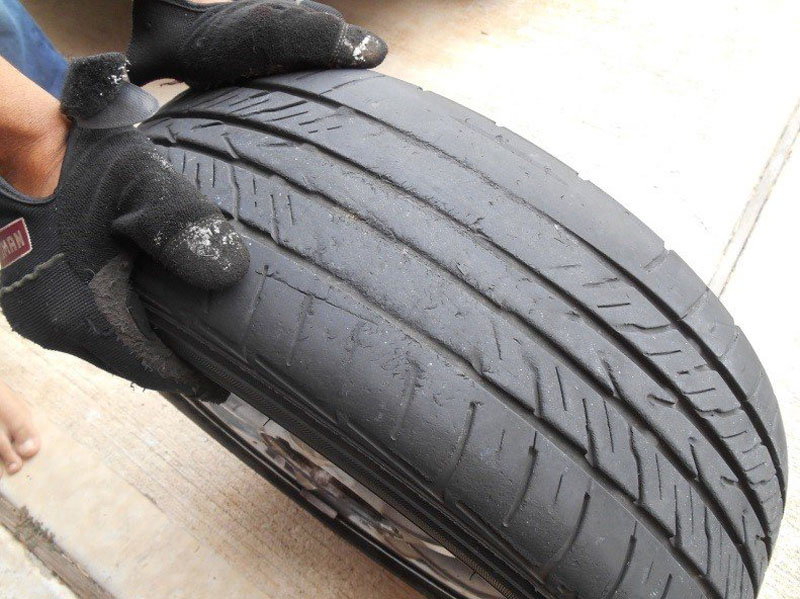Continental tires have been around for decades. Still, car owners have divided opinions about how long they can last.
We’ve looked at how noisy Continental tires are and whether Continental tires are worth the price tag. Now it’s time to look at exactly how durable they are.
Are you looking for new tires but unsure if you should purchase Continental tires? Perhaps you want to know how Continental tires rate?
This guide answers those questions and more.
Continental tires last between 15,000 and 70,000 miles, depending on how hard they are driven. When the tires are not being used much they can last as long as 6 years, but normally they will wear out after 3-4 years.
Table of Contents
How many years do Continental tires last when not used much?Most Continental tires can last you for 6 years when not used much. But you’d still need to do an annual tire inspection after the fifth year.
Cars owners have divided opinions about the longevity of Continental tires.
While Continental says a Continental tire can last up to 10 years. Car owners say most Continental tires can last for only 3 to 5 years.
It all depends on which region you live in.
Remember, you still need to take good care of your Continental tires, even if you don’t use them much.
For instance, Continental recommends that you regularly check your tire pressure.
Furthermore, ensure that your tires are always safe, especially when you store them. Follow these guidelines to keep your Continental tires safe:
 Store them in your basement if you want your Continental tires to last longer. Or at least away from windows.
Store them in your basement if you want your Continental tires to last longer. Or at least away from windows.Most standard Continental tires will last you 15,000 miles to 70,000 miles. Each tire has a different rubber compound. Why? Because Continental understands that each tire application is unique.
Hence, Continental offers summer tires, winter tires, all-season tires, run-flats, and SUV tires.
Overall, Continental tires are rated for 90,000 miles. But that doesn’t mean all cars with Continental tires will last that long.
Your driving habit will determine how quickly your Continental tires wear out.
Here are some of Continental’s popular tires.
Continental offers a 6-year or 30,000-mile tread life warranty on the ExtremeContact Sport. Expect the mileage to be half if you use different sizes on the front and rear.
Expect the mileage to be half if you use different sizes on the front and rear.
This tire can last you for three years.
In addition, Continental offers you a one-year or first 2/32 inch of wear on tire uniformity.
This is a durable all-season touring tire. And it has an 80,000 miles warranty. If you take good care of it, Continental TrueContact can last you for seven years.
Continental TrueContact is an all-season tire that can navigate wet, dry, and snowy conditions.
This is another popular tire by Continental.
Most drivers love it for its reliable grip in wintry conditions. It comes with cutting-edge technology that allows you to navigate slippery terrain.
Expect it to last you over six years.
This all-season tire has a 50,000 miles treadwear rating, lasting for three years.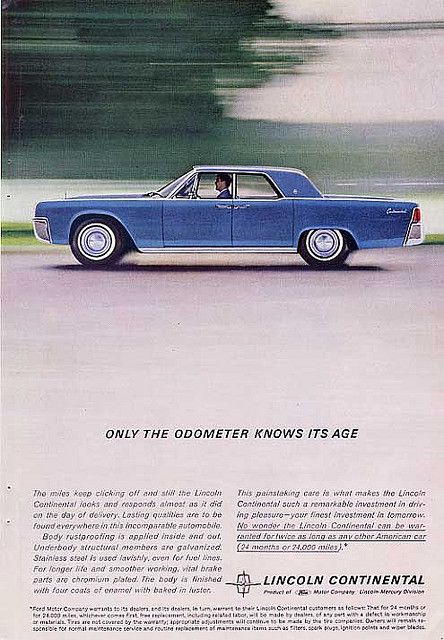
You will get a six-year warranty for tread life when you use this tire.
You will also get a uniform warranty at an initial 2/32 inches of wear or one year of tread life. Expect it to last you for three years.
This Continental will last you 6200 miles to 10000 miles. Of course, depending on which region you live in.
Do Continental tires last longer than other brands?If you take good care of Continental tires, they should last you long. Most tire experts recommend Continental tires for their durability.
Drivers who use Continental all-season tires find them safe and durable. The same applies to winter tires, which other drivers find more durable than other brands.
Continental tires are also touted for their better steering response.
They also deliver reliable grip, traction, and handling in conditions and surfaces.
Sometimes even better than competing tire brands.
But that doesn’t mean their quality won’t deteriorate if you don’t take good care of them.
Here are some of the factors that reduce the quality of Continental tires.
Continental tires are pricey but worth the high price tag. They will not always be the first choice for all car owners. But if you are looking for durable tires, you won’t go wrong with them.
There is a good reason why car owners pay more for Continental tires. First, Continental invested money to ensure that each Continental tire is top quality.
First, Continental invested money to ensure that each Continental tire is top quality.
Secondly, Continental scientists use a unique rubber compound to produce tires that last you for years.
Furthermore, Continental is one of few tire manufacturers that uses cutting-edge technology to enhance the durability of their tires.
If you take a good look at the tread patterns of each Continental tire, you will notice how unique they are.
Continental has both affordable and pricey tires.
Each expensive Continental tire will usually have features that justify the high price tag.
For example, Continental ProContact GX SSR, which costs around $288, is a luxury touring all-season tire that offers excellent performance. This tire also provides a quiet, comfortable ride and outstanding fuel efficiency.
How do continental tires rate?Continental tires have an impressive rating in the market. In 2021, tire experts gave Continental tires a steady 4. 0 out of 5.0-star rating.
0 out of 5.0-star rating.
Most drivers are happy with Continental all-season tires. Meanwhile, Continental Sport Contact 5 is touted for its tight grip on the road.
Continental went on to win more tests than any other brand, and Continental Sport Contact 5 was rated high.
There is now a newer Continental PremiumContact 6, which offers excellent wet braking abilities. This contemporary tire can also improve mileage with its Safety Silica Compounds.
Are Continental tires still considered high-quality?Continental tires are still considered high-quality by many car owners and tire experts.
They are an excellent choice for both winter and all-season tires.
Continental tires deliver traction, excellent steering response, and outstanding grip on slippery terrains.
Other than that, Continental Tires are durable, fuel-efficient, and comfortable. Hence, any car owner who uses Continental tires is likely to use them again.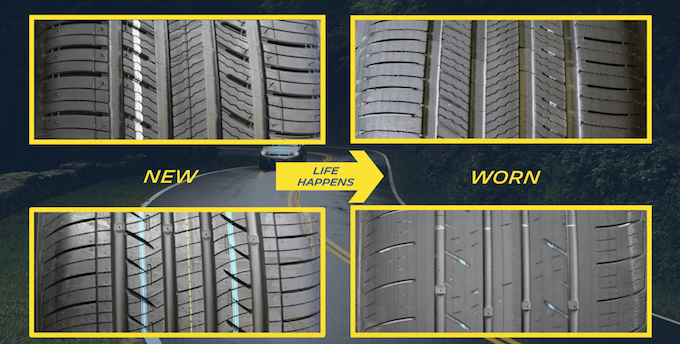
While Continental tire produces some of the best tires, it’s crucial to research each tire properly. This will allow you to put the right Continental tires on your car.
Final ThoughtsLastly, as much as Continental tires are quality, you should care for your tires. If you are unsure how to do this, visit the Continental website.
They publish tons of valuable content about taking care of your tires.
Also, make sure you do the following.
 It will allow you to ensure Continental tires get sufficient air pressure. First, remove the valve cap on your tire. Then press the air pressure and wait for it to stop making a hissing sound.
It will allow you to ensure Continental tires get sufficient air pressure. First, remove the valve cap on your tire. Then press the air pressure and wait for it to stop making a hissing sound.Was this article helpful?
Great!
Click to share...
Did you find wrong information or was something missing?
We would love to hear your thoughts! (PS: We read ALL feedback)
Name (not required)
Email (not required)
Message
There is no way to tell exactly how long a tire will last but it’s important for consumers to note that tires do, in fact, have a lifespan.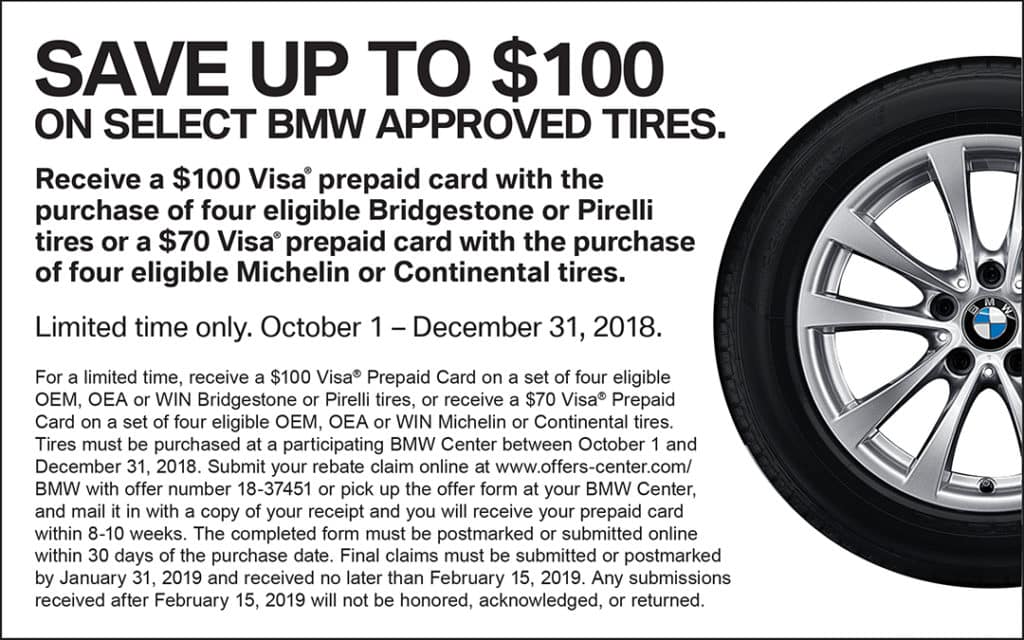 That lifespan depends on a combination of factors including a driver’s habits, tire design, climate, road conditions, and service of the tire.
That lifespan depends on a combination of factors including a driver’s habits, tire design, climate, road conditions, and service of the tire.
The tire industry has long recognized the consumer’s role in the regular care and maintenance of their tires. The point at which a tire is replaced is a decision for which the owner of the tire is responsible. A tire service professional at your local Continental dealer should be consulted with any questions about tire service life. The following recommendations are made to aid in assessing the point of maximum service life.
What damages tires?
There are many factors that contribute to wear and tear of a tire. Aside from age, road conditions like potholes, speed bumps, curbs, and debris in the road are primary contributors. Also driving habits including, but not limited to, speeding, quick starts, ignoring changes in handling, and emergency braking. While not obvious, climate does have an effect on tires. When exposed to extreme temperature (hot or cold), direct sunlight, rain, snow and ice, as well as various chemicals like oil and grease, this can wreak havoc on your tires and you may not even know it.
Another consideration is improper use of tires. Using a spare tire as a permanent replacement,mixing tire types, using summer tires in winter and vice versa, using tires on damaged wheels, and fitting tires that do not have the speed capability and load index at least equal to or higher than those specified by the vehicle manufacturer, can all lead to damaged tires.
How can I take care of my tire(s) to extend their life?
Tires are designed and built to provide thousands of miles of excellent service. For maximum benefit, tires must be maintained properly to avoid tire damage and abuse that may result in tire disablement. The service life of a tire is a cumulative function of the storage, rotation and service conditions, which a tire is subjected to throughout its life (load, speed, inflations pressure, road hazard injury, etc. ). Since service conditions vary widely, accurately predicting the service life of any specific tire in chronological time is not possible.
). Since service conditions vary widely, accurately predicting the service life of any specific tire in chronological time is not possible.
You can increase the longevity of your tire through proper maintenance. When thinking about tire maintenance you should be:
When should I remove my tire(s) from service?
Tires should be removed from service for numerous reasons, including tread worn down to minimum depth, damage or abuse (punctures, cuts, impacts, cracks, bulges, under inflation, overloading, etc.). For these reasons tires, including spares, must be inspected routinely, (i.e., at least once per month). Regular inspection becomes particularly important the longer a tire is kept in service. If tire damage is suspected or found, Continental recommends that the consumer have the tire inspected by a tire service professional. Consumers should use this consultation to determine if the tires can continue in service. It is recommended that spare tires be inspected at the same time. This routine inspection should occur whether or not the vehicle is equipped with a tire pressure monitoring system (TPMS).
If tire damage is suspected or found, Continental recommends that the consumer have the tire inspected by a tire service professional. Consumers should use this consultation to determine if the tires can continue in service. It is recommended that spare tires be inspected at the same time. This routine inspection should occur whether or not the vehicle is equipped with a tire pressure monitoring system (TPMS).
Consumers are strongly encouraged to be aware of the tires’ visual condition. Also, they should be alert for any change in dynamic performance such as increased air loss, noise or vibration. Such changes could be an indicator that one or more of the tires should be immediately removed from service to prevent a tire disablement. Also, the consumer should be the first to recognize a severe in-service impact to a tire and to ensure that the tire is inspected immediately thereafter. Tire storage and rotation are also important to the service life of the tire.
How many years will my tire(s) last?
Continental is unaware of any technical data that supports a specific tire age for removal from service.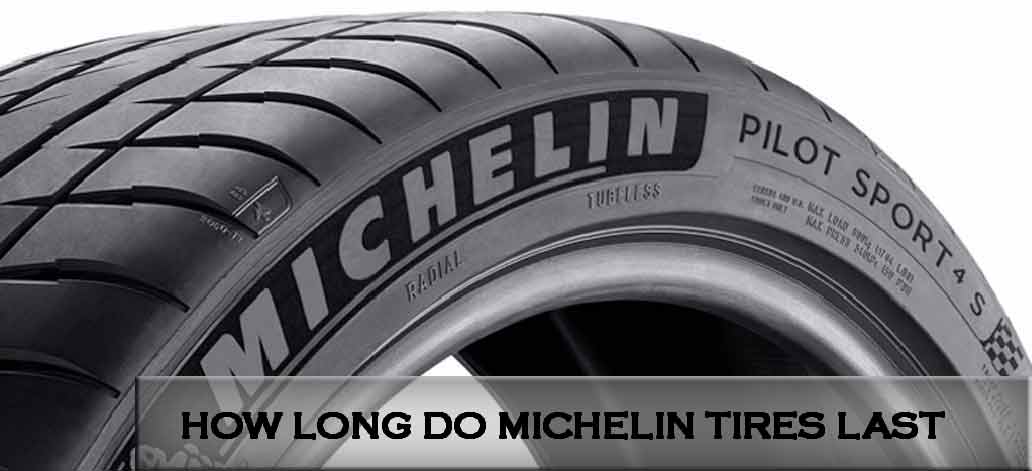 However, as with other members of the tire and automotive industries, Continental recommends that all tires (including spare tires) that were manufactured more than ten (10) years previous be removed from service and be replaced with new tires, even when tires appear to be usable from their external appearance. Even if the tread depth may not have reached the minimum wear-out depth. Vehicle manufacturers may recommend a different chronological age at which a tire should be replaced based on their understanding of the specific vehicle application; Continental recommends that any such instruction be followed. Consumers should note that most tires would have to be removed for tread wear-out or other causes before any proscribed removal period. A stated removal period in no way reduces the consumer’s responsibility to replace tires as needed.
However, as with other members of the tire and automotive industries, Continental recommends that all tires (including spare tires) that were manufactured more than ten (10) years previous be removed from service and be replaced with new tires, even when tires appear to be usable from their external appearance. Even if the tread depth may not have reached the minimum wear-out depth. Vehicle manufacturers may recommend a different chronological age at which a tire should be replaced based on their understanding of the specific vehicle application; Continental recommends that any such instruction be followed. Consumers should note that most tires would have to be removed for tread wear-out or other causes before any proscribed removal period. A stated removal period in no way reduces the consumer’s responsibility to replace tires as needed.
Consumer disputes over the age of tires have not subsided for several seasons.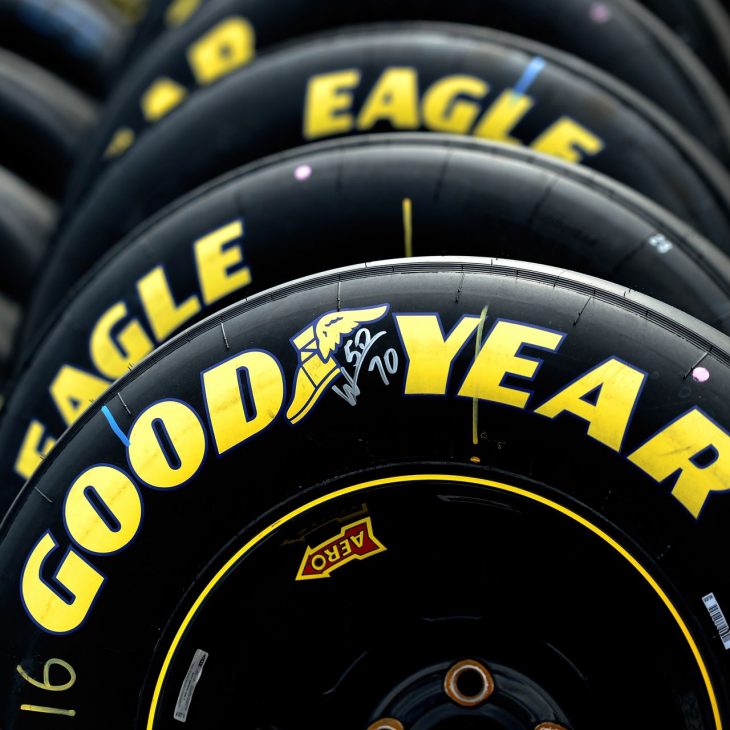 Buyers are excited that the warranty period for tires is limited to 5-6 years according to GOST, and after the expiration of this period, the rubber becomes unusable.
Buyers are excited that the warranty period for tires is limited to 5-6 years according to GOST, and after the expiration of this period, the rubber becomes unusable.
Is this really the case, read this article.
Manufacturers of most brands on their products set Shelf life is 5 years and service life is also 5 years .
The shelf life of a tire is the period during which it retains its performance when properly stored.
The end of this period does not mean that the tires have become unusable . A shelf life of 5 years is given by manufacturers because, by law, they cannot set a shelf life higher than the service life. Tires over 5 years of storage cannot be called damaged or defective, their technical characteristics may be slightly reduced. American researchers argue that the period of storage of "shoes" must be at least 10 years. Experts from Germany are sure that it cannot exceed 6 years.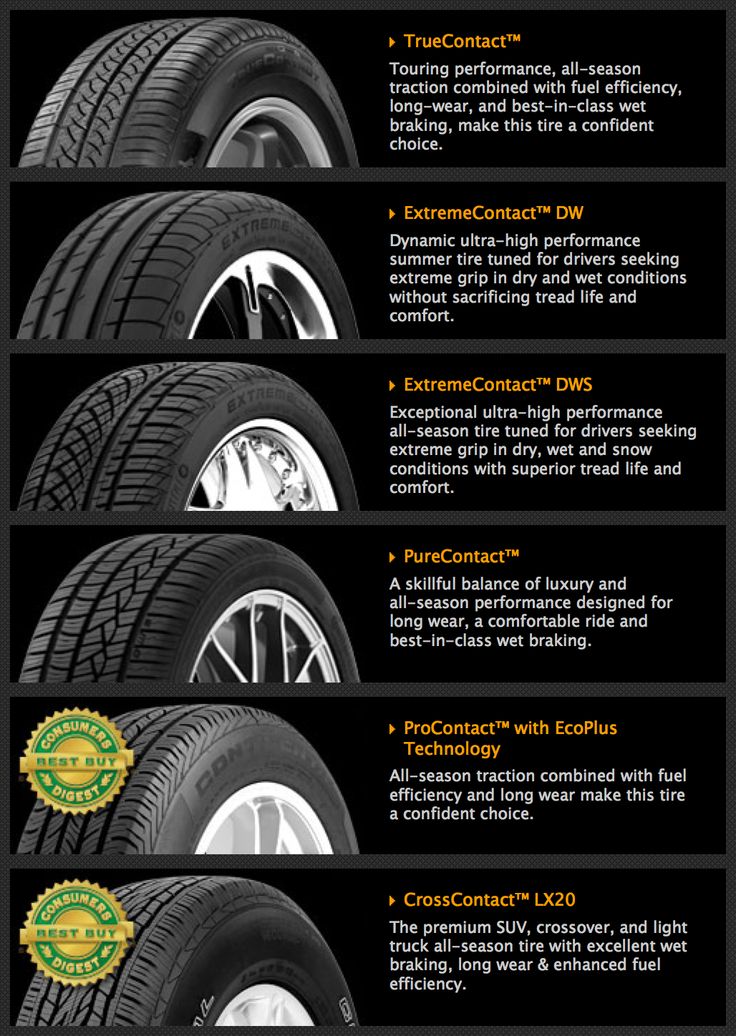
The expiration date of tires is the warranty period during which the manufacturer is responsible for the quality and condition of the tire if it was used for its intended purpose without violating the operating rules.
According to Russian legislation (GOST 5513, GOST 4754-97) , the service life of tires is 5 years from the date of manufacture.
How can I find out the date of manufacture of tires?
You can find out the age of tires by a special DOT code. Tires manufactured after 2000 in the DOT code contain two pairs of numbers, where the first pair indicates the week number of the year, and the second pair indicates the year. Earlier tires before 2000 have 3 numbers in their composition, where the first two digits are the week number, and the last one is the year (see the transcript in the photo).
Determination of the average shelf life of a tire according to GOST and operating conditions.
- The symbol ZR denotes tires for high-speed cars. They are recommended to be used at speeds over 240 km/h. up to 6 years
- Tires with the H symbol are used at a maximum speed of 210 km/h. within 5 years.
- The sign S symbolizes the maximum permissible speed of 180 km/h. and operational period of 4-5 years.
Most tire manufacturers do not agree that tire life is limited to 5 years. Each company has its own opinion on this matter. We analyzed several of them and the information they posted on their official websites.
Michelin
The French tire manufacturer Michelin has become famous for its active fight against the perception of the rapid aging of tires as a perishable product. Her information campaign "Tires Are Not Bananas" created a lot of noise in the automotive environment. According to the representative office, several test trials were carried out in Saudi Arabia, South Korea and Germany. As a result of testing, no difference was found between new tires and tires stored for 3 years. They were tested for various characteristics such as rolling resistance, high speed durability, etc. Tires with a year life were approximately equal in performance to 10-year unused tyres.
As a result of testing, no difference was found between new tires and tires stored for 3 years. They were tested for various characteristics such as rolling resistance, high speed durability, etc. Tires with a year life were approximately equal in performance to 10-year unused tyres.
Michelin focuses the attention of car owners on the fact that tires are not a perishable product, their shelf life is not as important as the service life is important, starting from the date the tires are installed on the rims. It is from this moment that the tire is subjected to all tests: pressure, temperature changes, wear, contact with uneven and sharp coatings, etc.
Continental
On the Russian official website of Continental, we found the following information on the expiration dates of tires.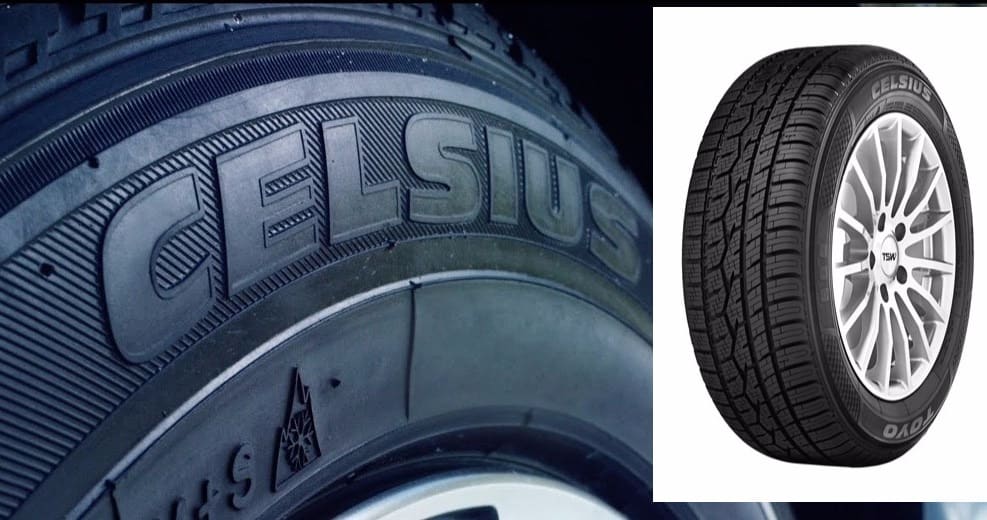
“When a tire is stored in the correct position and under the recommended conditions, it will not lose its original balanced performance for 5 years from the date of manufacture of the tire.
A properly maintained, unused tire less than 5 years old can be sold as a new tire and used normally.
Continental recommends replacing all tires (including spares) with a sidewall date greater than 10 years.
Nokian
The following information is posted on the Nokian official website:
“Tire life is not defined by law, but tires can only be considered “new” if they have been manufactured within the last five years. The recommended service life of tires is six years and the recommended maximum period is 10 years.
The opinion of our specialists, based on many years of experience, coincides with the opinion of manufacturers: the shelf life is 5 years + the service life is up to 10 years. Moreover, more "adult" tires, in our opinion, are of better quality.![]()
To keep tires as long as possible, they are stored in compliance with all rules and recommendations. The main condition is a cool, ventilated, darkened room away from oils, paints, ozone, and heat sources.
Rubber products tend to lose their performance over the years. To prevent and slow down this process, manufacturers add polymers to the rubber compound. They prevent oxidative processes that occur due to the interaction of protectors with oxygen and ozone.
The following are the main conditions for the proper storage of tires in accordance with GOST 24779-81:
Maintaining a constant regime without sudden jumps, slight temperature fluctuations from -30°С to +35°С are allowed;
Provide a low humidity level of 50-80% in a dry, ventilated cool room;
Avoid direct sunlight, use darkened hangars, shield heat sources;
Keep away from sources of heat;
Tires should not come into contact with corrosive, copper materials.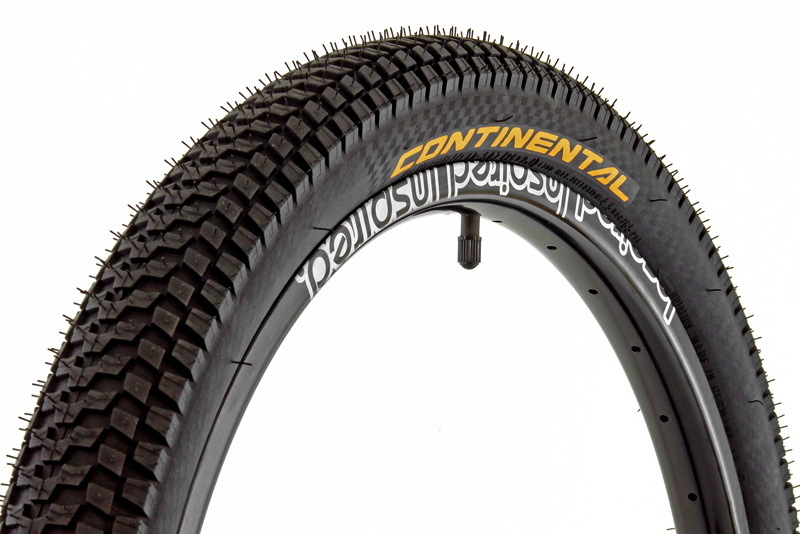
Avoid kinking, loading or positioning on an uneven surface.
Avoid contact with oils, organic solvents, acids, alkalis, fuels and lubricants on the tire surface. It is forbidden to lay tires on a wet and dirty surface.
In the warm season, when storing tires outside, they should be covered with light-tight material and raised above ground level to ensure ventilation and prevent the occurrence of the greenhouse effect.
Storage on reflective, light and heat absorbing surfaces is prohibited.
Keep away from chemicals, oils, paints, open flames, electric motors that produce ozone.
Used tires must be washed and dried.
Tires without rims should be stored upright.
The service life depends on many factors: the load on the car, the quality of the roads, the driving style, the distance traveled, tire damage, etc. To increase their service life, follow these rules:
To increase their service life, follow these rules:
Check tire pressure every 2-3 weeks. With reduced pressure, tire wear increases by the equivalent of a % reduction. For example, a 15% reduction in pressure can result in a 15% reduction in service life. Inflated tires are less scary.
The wear of the front tires is always significantly higher than the rear ones, so it is recommended to swap them after some time, carefully watching the direction of the tread pattern and the direction of rotation.
Proper alignment of tires in relation to rims. If the direction is not the same, then performance is significantly reduced.
To prevent damage to the sidewalls of tires, avoid close proximity to curbs and high ledges.
Wash off dirt from the surface of the rubber and from deep grooves with special cleaning agents.
Adhere to an even driving style without harsh brakes and quick starts.
Do not overload the car beyond the norm. 20% excess weight leads to a 30% loss of tire life.
Keep the wheels balanced and check the alignment angles annually.
The main condition for a long tire life is:
- high quality products,
- careful operation,
- proper storage of tires in the off-season,
- timely diagnosis.
The age of tires in standard storage is a minor non-determining factor that should not be taken into account when buying them.
Previous article Next article
How do you know when tires are completely worn out and it's time to change them? Everything is simple. For summer tires, the limit is 1.6 mm of residual tread depth, and for winter (or all-season, used in winter) - 4 mm. Modern summer tires can cover from 40,000 to 70,000 km depending on driving style and vehicle characteristics.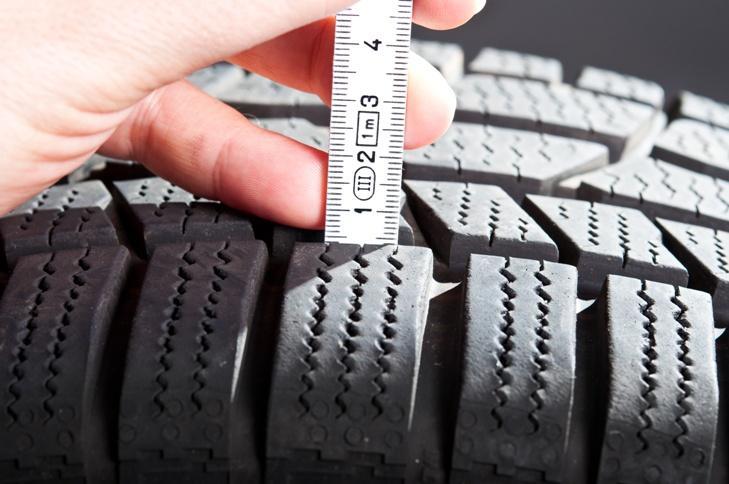 An average motorist rolls such a mileage on summer tires in 2-3 seasons. Moreover, wear implies not only a decrease in tread depth. For millions of cycles of deformation, the strength of the carcass and its adhesion to the layers of the rubber compound are violated. In short, every 2-3 years you should buy a new set of tires.
An average motorist rolls such a mileage on summer tires in 2-3 seasons. Moreover, wear implies not only a decrease in tread depth. For millions of cycles of deformation, the strength of the carcass and its adhesion to the layers of the rubber compound are violated. In short, every 2-3 years you should buy a new set of tires.
In case of irreparable damage to one of the tires and a relatively high total mileage of the kit, it is also worth considering replacing it. Well, or about buying at least a pair of new tires, which, for any type of drive, should be installed on the front axle. We put two tires back - the most decent of the remaining ones.
Many motorists drive only a few thousand kilometers a year. This does not mean that the tires will serve you for several decades. According to Russian requirements (GOST 4754-97), the service life of passenger car tires is 5 years from the date of manufacture. And for example, Continental recommends that all car tires (including the spare tire) older than 10 years old should be replaced with new ones. Therefore, with small runs, you can navigate for ten years. The date of manufacture of the tire is indicated on the sidewall. Usually it is an oval with four numbers. The first two are the ordinal number of the week in the year, the last two indicate the year.
Therefore, with small runs, you can navigate for ten years. The date of manufacture of the tire is indicated on the sidewall. Usually it is an oval with four numbers. The first two are the ordinal number of the week in the year, the last two indicate the year.
Related materials
How to change the car yourself - detailed instructions
Tires should be rotated periodically in accordance with the vehicle manufacturer's recommendations - information on this can be found in the owner's manual.
We can advise you to carefully use the tires and, most importantly, to store them correctly in the off-season. First of all, during storage, it is important to exclude direct sunlight from hitting the tires, which greatly age the rubber. Tires without rims should be placed vertically, and stacked on rims.
And before installing tires on a car at the beginning of the season, evaluate their condition.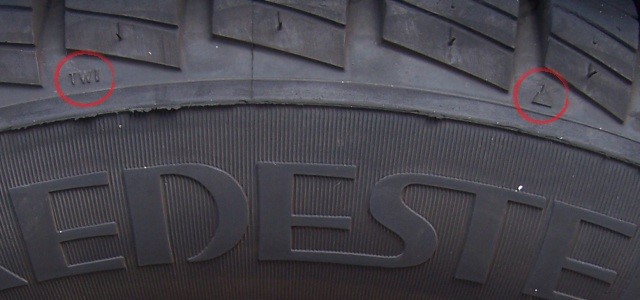 There should be no cracks in the tread and sidewalls. The tire should not be dry, it should remain rubbery and not look like baked plastic.
There should be no cracks in the tread and sidewalls. The tire should not be dry, it should remain rubbery and not look like baked plastic.
Related materials
Driving on badly worn tires - will I be fined or not?
Winter tires have a much shorter life span. They almost always fail due to the wear of the treadmill, because the tread of a new tire is 7–8 mm, and only 3–4 mm remain working height. If the tires are studded, then with such wear there are very few metal elements left, and the tire will not provide adequate safety when driving on a winter road. However, not only spikes, but also Velcro, with such a degree of wear, also lose most of their capabilities.
The real life of winter tires rarely exceeds 30,000 km. "Bald" winter tires without studs can be re-rolled in summer, but their grip on hot road surfaces will be very poor. This must be taken into account, especially when braking.